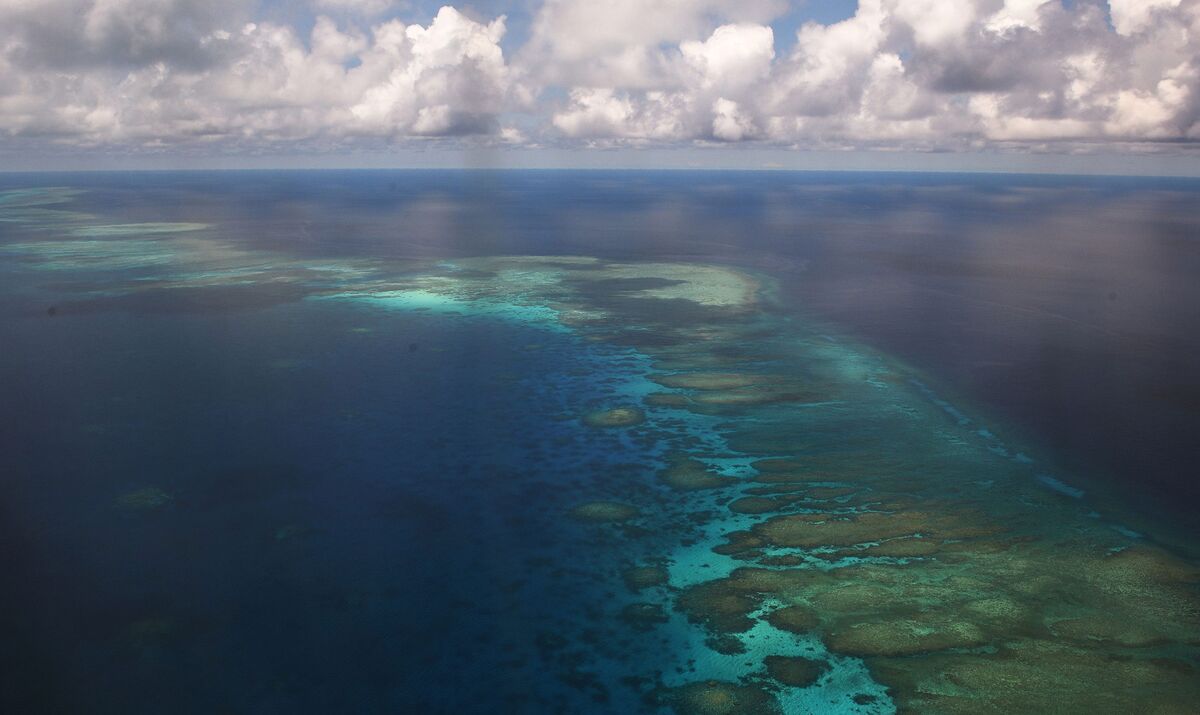
China’s government warned a U. warship to leave waters around a reef it claims in the South China Sea, saying the vessel was trespassing on its territory and undermining security in the region. warship entered waters adjacent to the Spratly islands, an area where China has “indisputable sovereignty,” defense ministry spokesman Ren Guoqiang said at a briefing in Beijing on Thursday. China “identified, tracked, verified and warned off the ship."
The so-called freedom of navigation operation in the South China Sea was the first under President Donald Trump. The guided-missile destroyer USS Dewey made the patrol on Wednesday near Mischief Reef, where China has built an artificial outpost equipped with an airfield, the Wall Street Journal reported.
China claims most of the South China Sea, one of the world’s busiest shipping routes. In recent years it has increased its military presence in the waters by reclaiming thousands of acres of land to build artificial outposts on reefs.
“The Chinese military is resolutely opposed to U. behavior which boosts regional militarization and makes accidents more likely,” Ren said. “China has already made solemn representations to the U.’s move was aimed at signaling to China that it intends to keep critical sea lanes open, according to the Journal. carries out freedom of navigation operations by sending navy ships and aircraft near disputed territory to demonstrate the right to fly and sail through what it considers to be international waters and airspace.
China Presence
President Donald Trump’s administration, keen to get China’s help containing North Korea’s nuclear ambitions, had reportedly earlier declined to conduct freedom of navigation operations despite requests by U. Defense Department declined to comment on the Wall Street Journal report, with spokesman Jamie Davis saying only that “U. forces operate in the Asia-Pacific region on a daily basis, including in the South China Sea. will continue its regular freedom of navigation operations, and summaries of these would be released in its annual report “and not sooner,” Davis said in a statement.
“It appears that U. decision makers sought to be responsive to calls for continued FON operations following reports that none had been conducted this year,” Graham Webster, a senior fellow at Yale Law School’s China Center, wrote in an email. “By saying the government will not make further operations public before the annual report, they may seek to avoid the persistent public calls for public FON operations.”
Ren also emphasized that U.-China ties were in a critical period and that a stable relationship was in the interests of both sides.
— With assistance by Peter Martin, Kevin Hamlin, and David Tweed.


0 comments:
Post a Comment